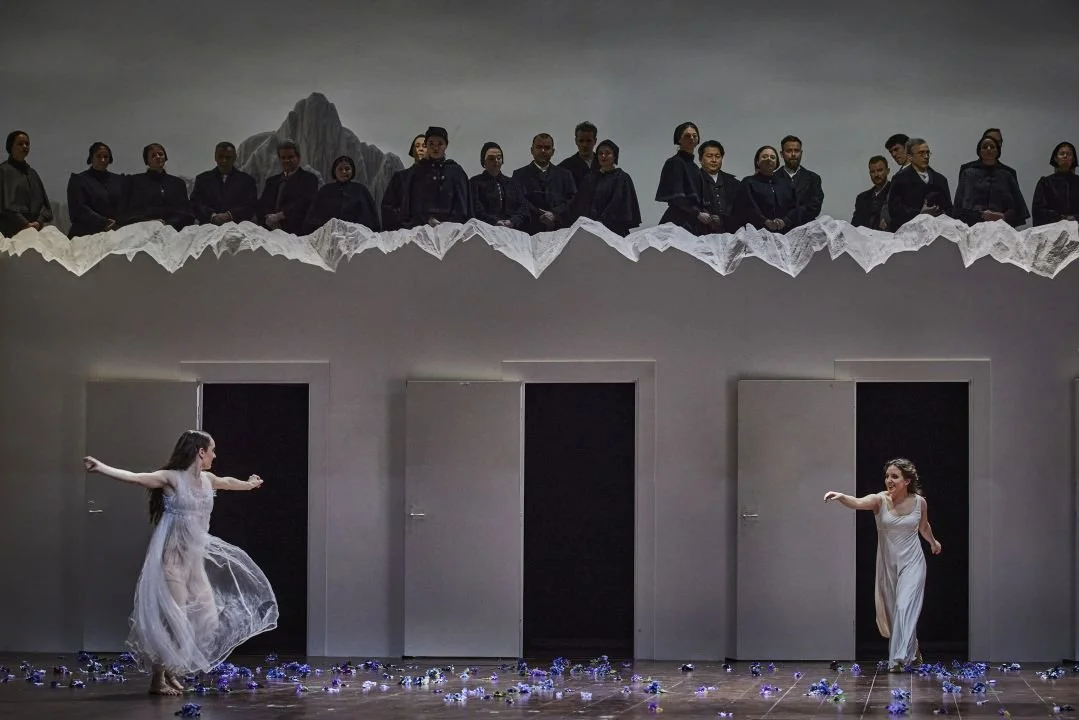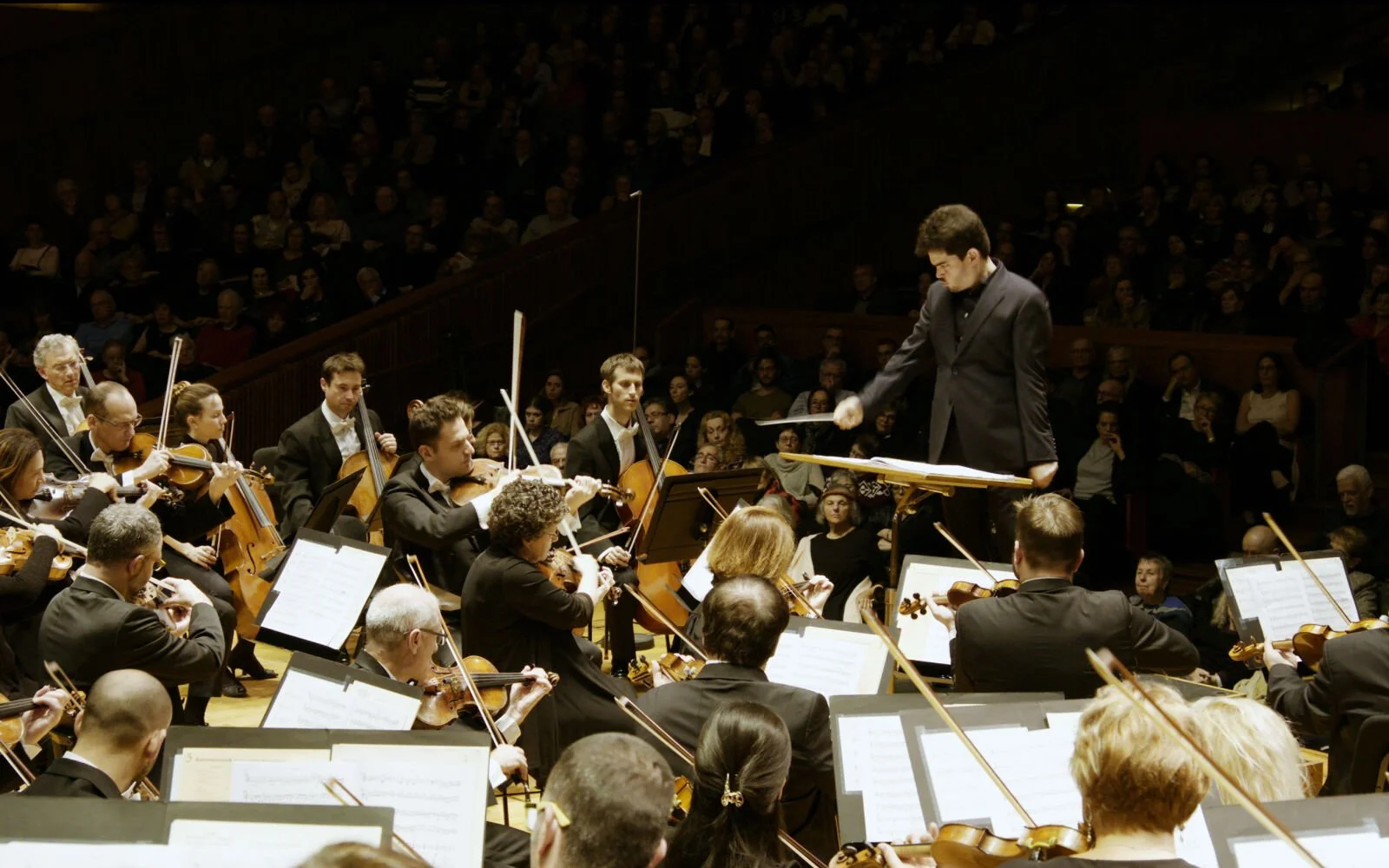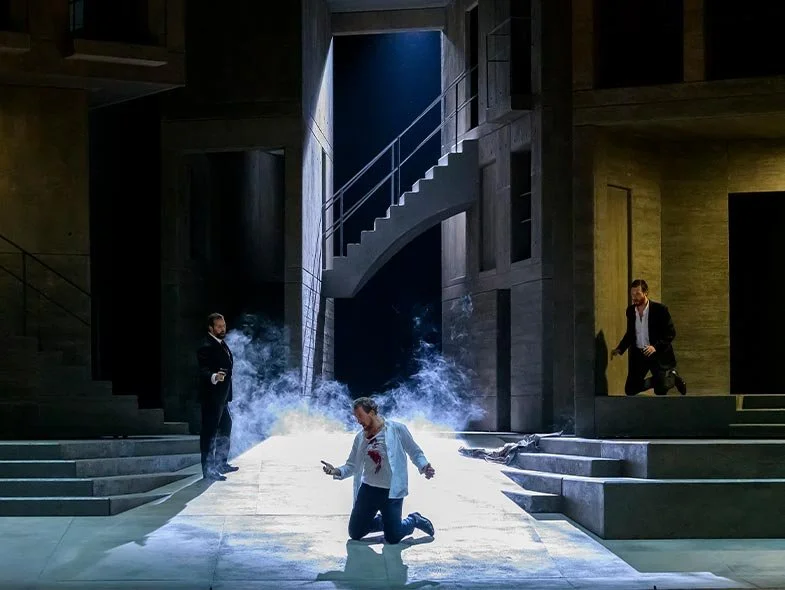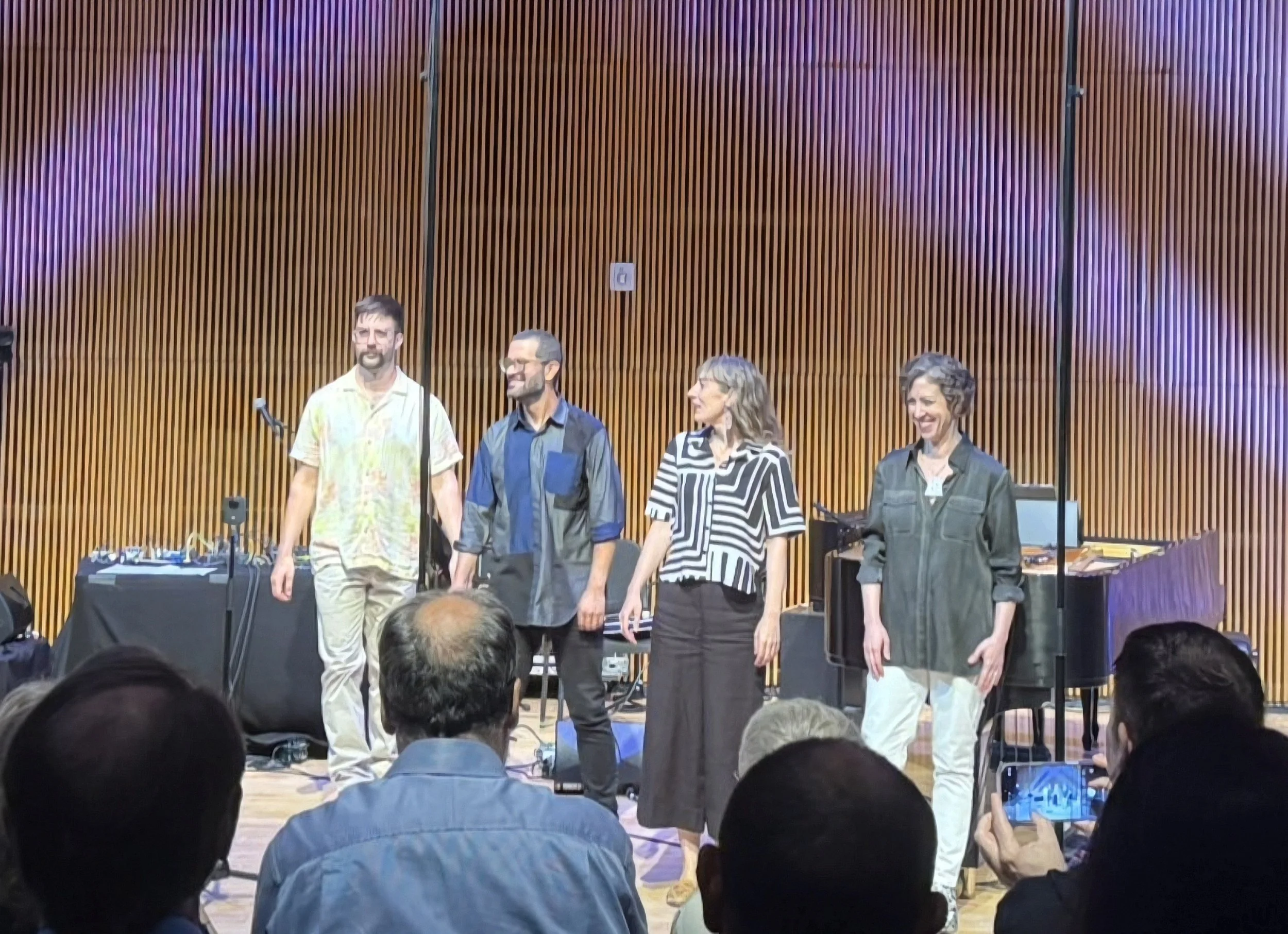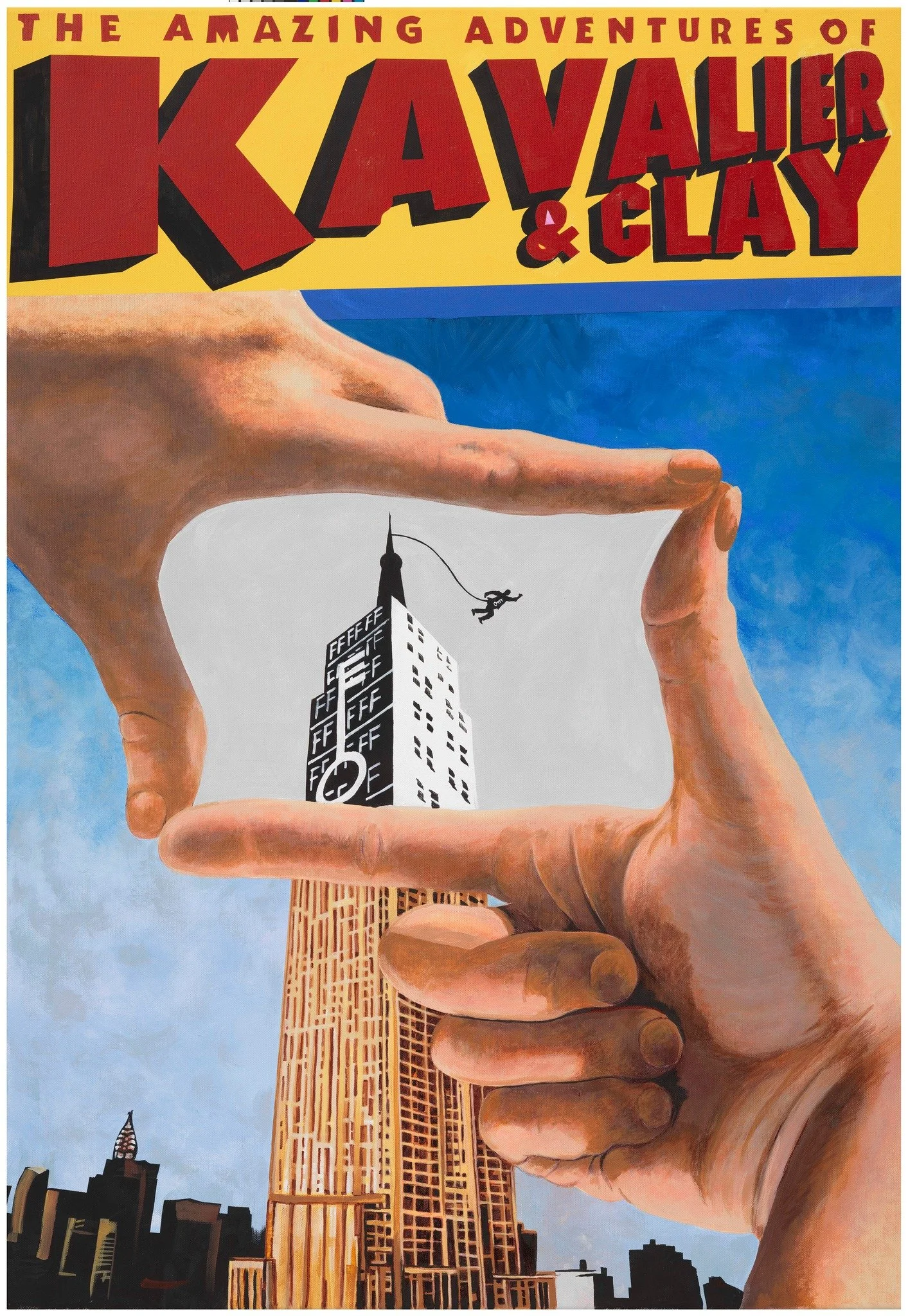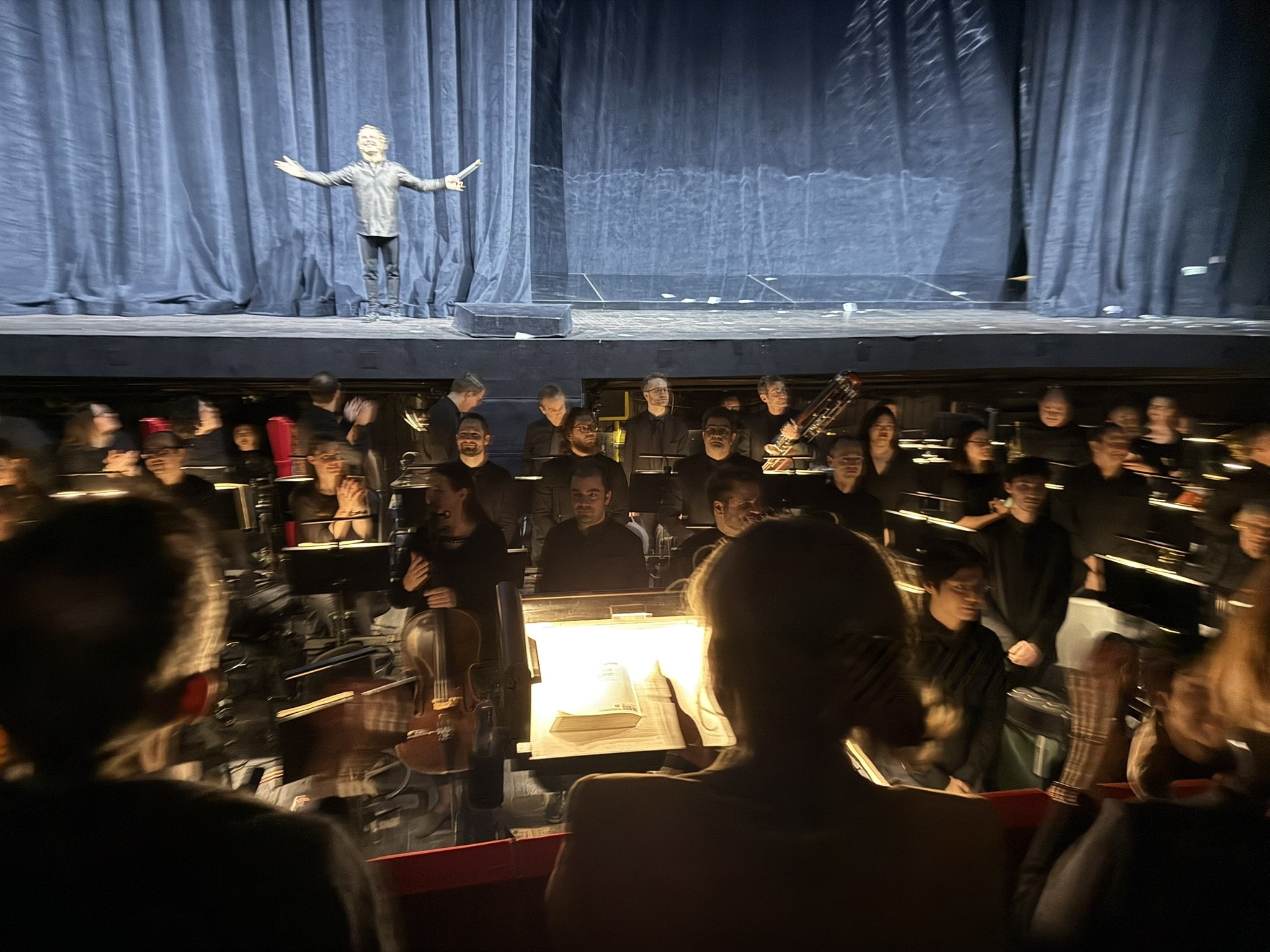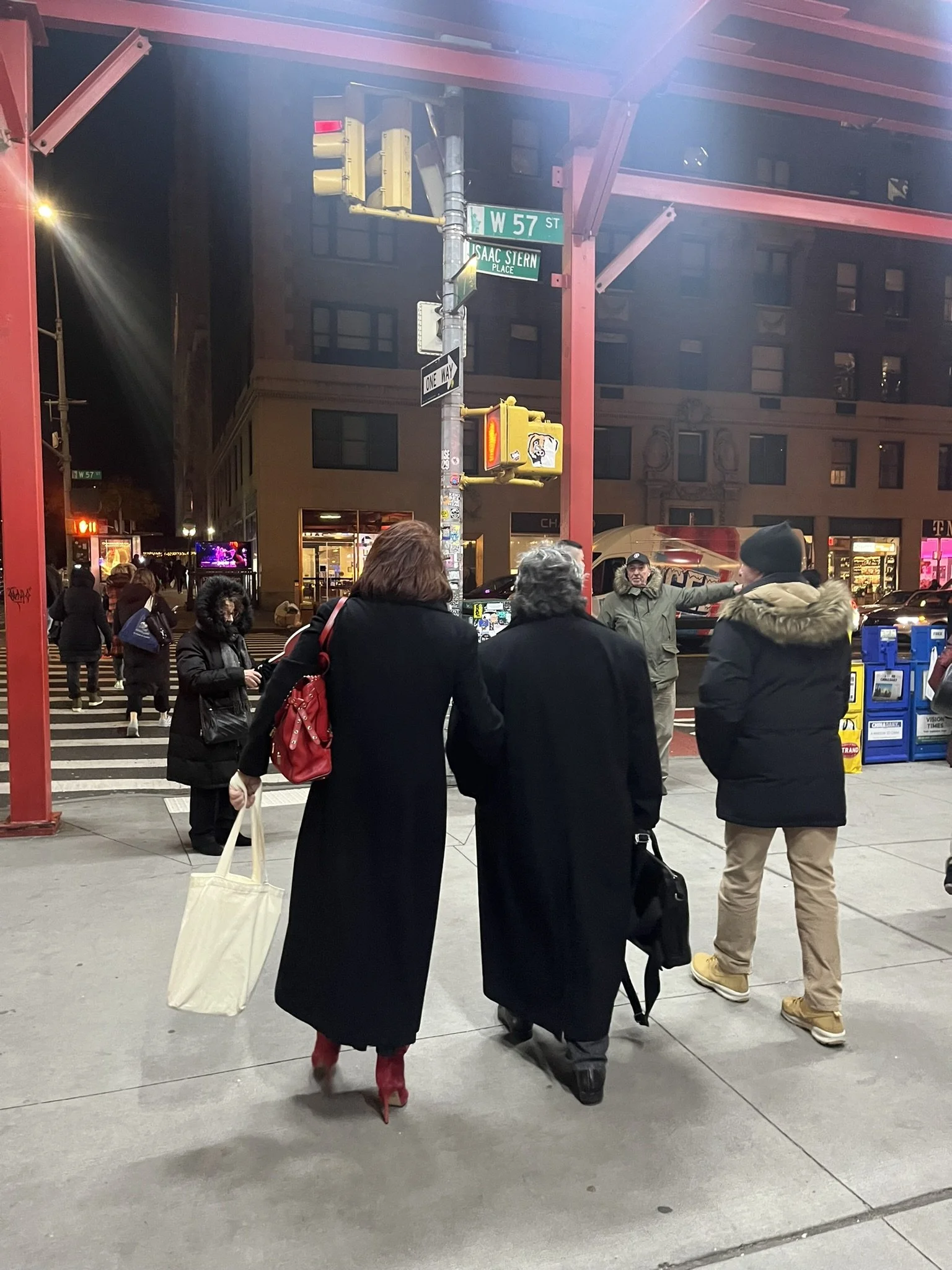The season includes pianists Daniil Trifonov (Tchaikovsky, Chopin, Barber) and Yulianna Avdeeva (Chopin, Liszt), Mao Fujita (Yashiro, Scriabin, Beethoven, Liszt, Mozart), Mitsuko Uchida (Beethoven, Schubert, Kurtág, Schumann), Evgeny Kissin (Beethoven, Chopin, Shostakovich), and Nina Stemme with Roland Pöntinen (Elgar, Weill, Wagner). Major orchestras appear as well: the New York Philharmonic with Susanna Mälkki (Strauss, Francesconi, Ravel), Berlin Philharmonic with Hilary Hahn and Kirill Petrenko (Rachmaninoff, Korngold, Dvořák, Bruckner), Czech Philharmonic under Semyon Bychkov (Dvořák, Janáček), Chicago Symphony with Riccardo Muti (Bellini, Verdi, Tchaikovsky), Vienna Philharmonic with Muti (Schubert, Bruckner, Stravinsky, Dvořák), London Symphony with Antonio Pappano (Walker, Bernstein, Mahler, Rachmaninoff, Walton), Cleveland Orchestra with Franz Welser-Möst and Asmik Grigorian (Haydn, Strauss, Janáček, Puccini), and the Boston Symphony with Andris Nelsons plus Mitsuko Uchida and Yo-Yo Ma (Beethoven, Shostakovich). Chamber music highlights include Les Arts Florissants (Charpentier, Lully, Rameau), Concerto Copenhagen (Muffat, Handel, Bach), Yarn/Wire and Theatre of Voices with premieres by Wubbels, Iannotta, Gordon, Wolfe, and Adams, and an all-Shostakovich recital by Gidon Kremer, Maxim Rysanov, and Gautier Capuçon.
Read More

